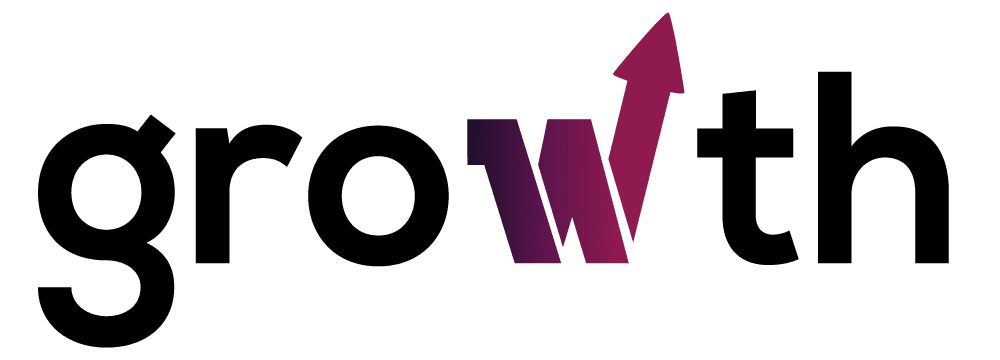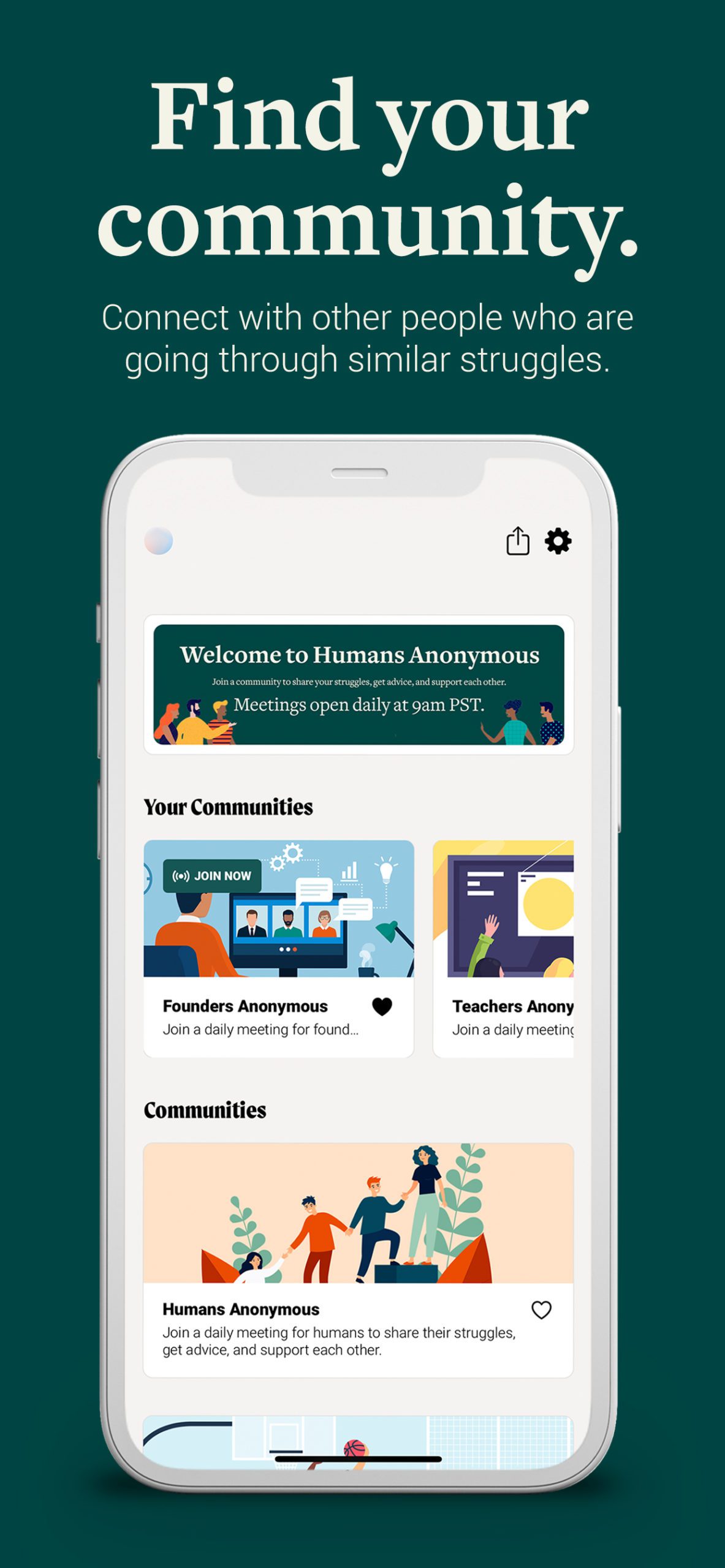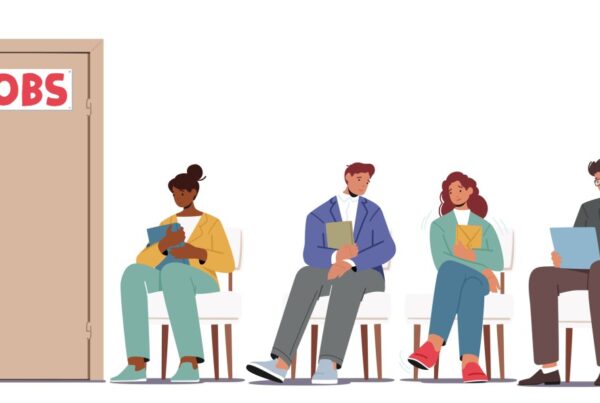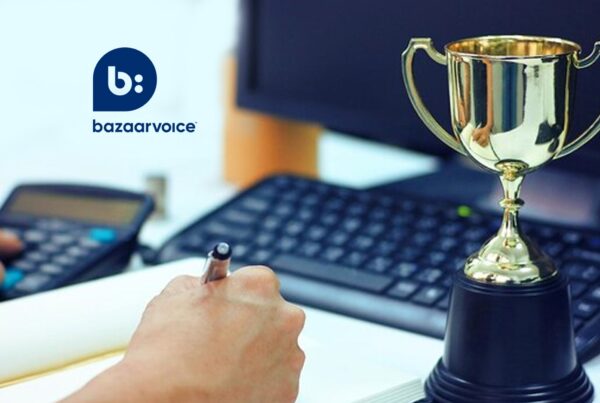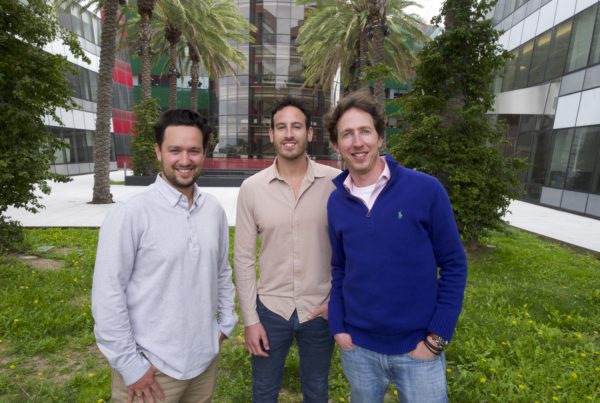Nate Tepper first went to Alcoholics Anonymous (AA), an international program dedicated to helping people recover from alcoholism with a 12-step program, in the heart of the COVID-19 pandemic. He didn’t show his face or share his story, but says that being in the presence of vulnerability was immensely impactful.
Following the recommended level of frequency for folks getting into the program, Tepper went to 30 meetings in 30 days. Now, two years later, he’s starting a company to scale his favorite parts of the program in hopes of reaching other people in need.
The result is Humans Anonymous, a social audio platform that connects people with similar identities, whether that’s a teacher or a single parent, to create an anonymous space to freely share their experiences. Unlike other mental health-focused startups out there, it’s not trying to provide support through life coaches or trained professionals — it’s just trying to provide space. (AA, in contrast, has a wealth of liturgy that provides a framework for its adherents to follow.)
After launching publicly last month after more than a year in stealth, Humans Anonymous has now announced fresh funding in the form of a $1.7 million pre-seed round led by Glass Ventures and Backend Capital, with participation from Ten VC and Authentic Ventures.
Upon entering a Humans Anonymous room, users are invited to share in three-minute chunks, one person at a time. There’s no ability for others to unmute, chime in or even “take over” a conversation, Tepper said. While this could spiral pretty fast — let’s say one person gets an unfiltered opportunity to target someone who just spoke up — there is always a moderator in the channel who has authority to block or ban people. To keep control of conversation setup and flow, Humans Anonymous doesn’t allow users to create their own room.
Humans Anonymous is pitching a different vibe from Clubhouse, one of the most well known audio social platforms out there, which feels more socratic, or seminar-like, and allows speakers to mute or unmute at their own leisure. Humans Anonymous is less about personal brand and more about anonymous conversations.
The startup makes money through a subscription model, charging users $5 per month or $50 for an annual fee. Users who want to try out the app can have a free hour trial, or enter the general room, which Tepper says will always be free to keep programming accessible.
The app is launching publicly with an explicit focus on founders. When brainstorming for the app, Tepper e-mailed Y Combinator founders and got positive feedback on a need for something like Humans Anonymous.
“I always had this thought that like this is for everyone, right? Hence the name Humans Anonymous,” he said. “Founders happen to be in the first wave, and then our next communities are nurses, and teachers alike. And these are all groups who struggle in their daily jobs, like don’t necessarily have to share their struggles. And I think one of the learnings along the way, and you found this anonymous and we learned that people wanted to be a part of a community they possibly identify as nurses, teachers. So that’s why our way in the market is like starting with the profession-based communities. And then ultimately, we want to expand beyond that.”
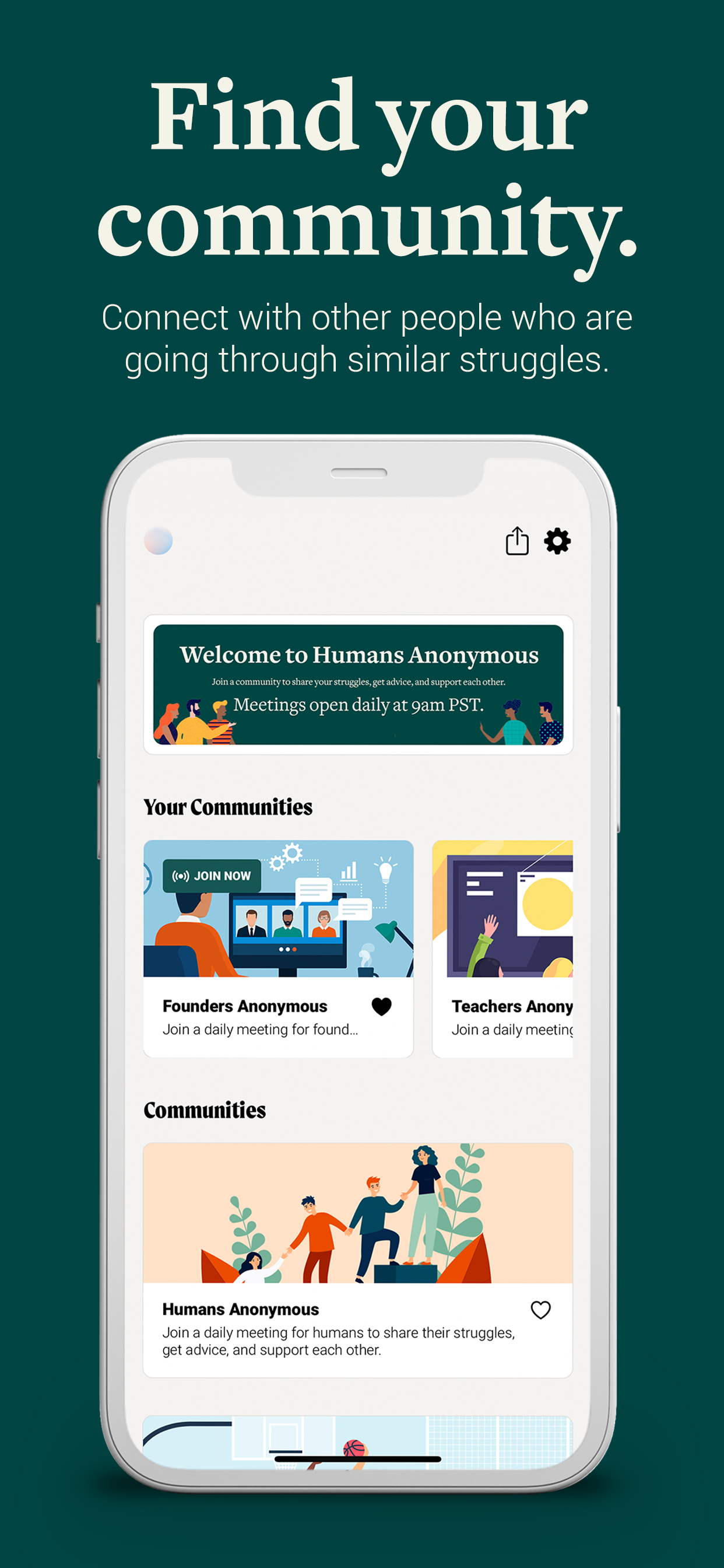
Image Credits: Humans Anonymous
At its core, Humans Anonymous is a platform seeking to provide community service through a virtual medium. It’s a mission that could clash with its decision to raise venture capital, an asset class that requires exponential growth for an outlier exit, and choice to build a for-profit organization. Tepper defended his choice, saying that he’s always had the belief that for-profit organizations are more impactful than nonprofit organizations. “They allow you to focus on the mission, instead of fundraising or collecting donations,” he said.
Since the startup is still at the earliest stages of building, many questions remain to be answered. For example, anonymity is a big promise, and in the security world, one of the hardest to actually fulfill. What if you recognize someone’s voice on it? Are there any guardrails in place that stop a user from recording another user’s deepest stories?
The other challenge sits on the legal front. While Humans Anonymous isn’t affiliated with Alcoholics Anonymous, AA could be bothered over just how inspired the competitive product is. Tepper says that he does have a trademark for Humans Anonymous, and emphasized that he’s just inspired by AA’s framework. He still goes to a meeting almost every day, two years after his first.
“In terms of the branding, there is a potential that AA could reach out to us and potentially say something to us,” he said. “Ideally, we can be on the same team.”
